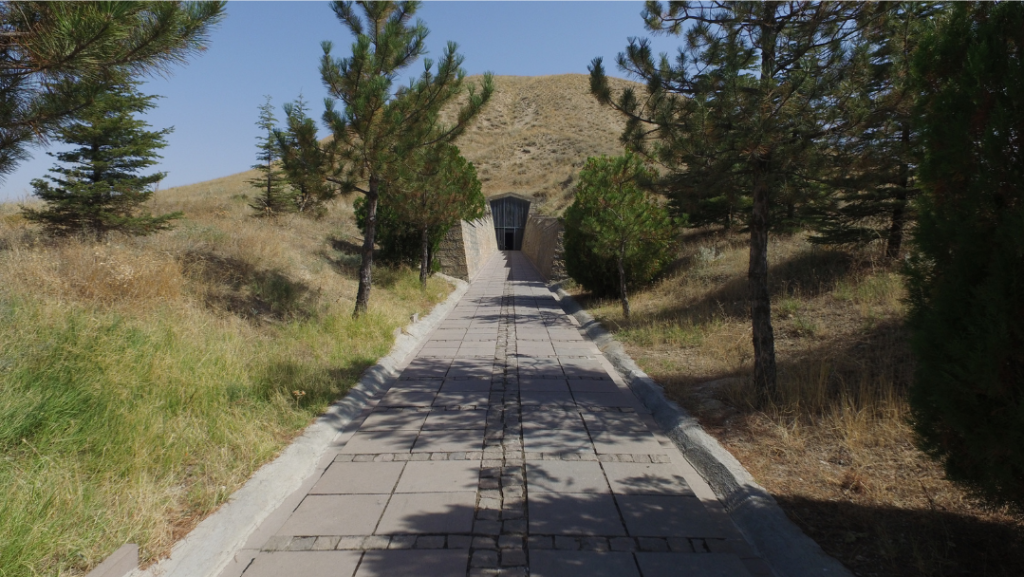Turkey’s UNESCO Cultural Heritage
The UNESCO World Heritage List highlights the diversity and importance of cultural and natural heritage worldwide. The places included in this list possess a particular historical, cultural, or natural significance and are often subject to specific conservation measures. Cultural heritage sites encompass historic cities, archaeological sites, architectural structures, cultural landscapes, and traditional settlements. Natural heritage areas include national parks, biosphere reserves, natural monuments, and unique ecosystems.
Turkey’s UNESCO Cultural Heritage Sites
Turkey, with its rich historical and cultural heritage, holds a significant place on the UNESCO World Cultural Heritage list. Moreover, people recognize many monuments, structures, and natural sites located in various regions of our country as the common heritage of humanity.
The historical peninsula of Istanbul, with many important structures such as the Topkapi Palace, Hagia Sophia, Süleymaniye Mosque, and the Grand Bazaar, is included in the UNESCO Cultural Heritage List. Additionally, the unique natural and cultural landscape of Cappadocia is also included in this list. Cappadocia is globally known for its valleys famous for fairy chimneys and its unique underground cities built throughout history.
Other significant UNESCO cultural heritage sites in Turkey include the Pamukkale-Hierapolis Ancient City, Ephesus Ancient City, Troy Ancient City, Safranbolu, Hattusha Ancient City, the Commagene Kingdom Tomb Monument on Mount Nemrut, and the Great Mosque and Hospital of Divriği. These sites are important symbols reflecting Turkey’s rich history and cultural diversity. And of course, they are under international protection.
Now, let’s take a look at all the sites in Turkey’s UNESCO cultural heritage list.
Divriği Great Mosque and Hospital (Sivas) – 1985
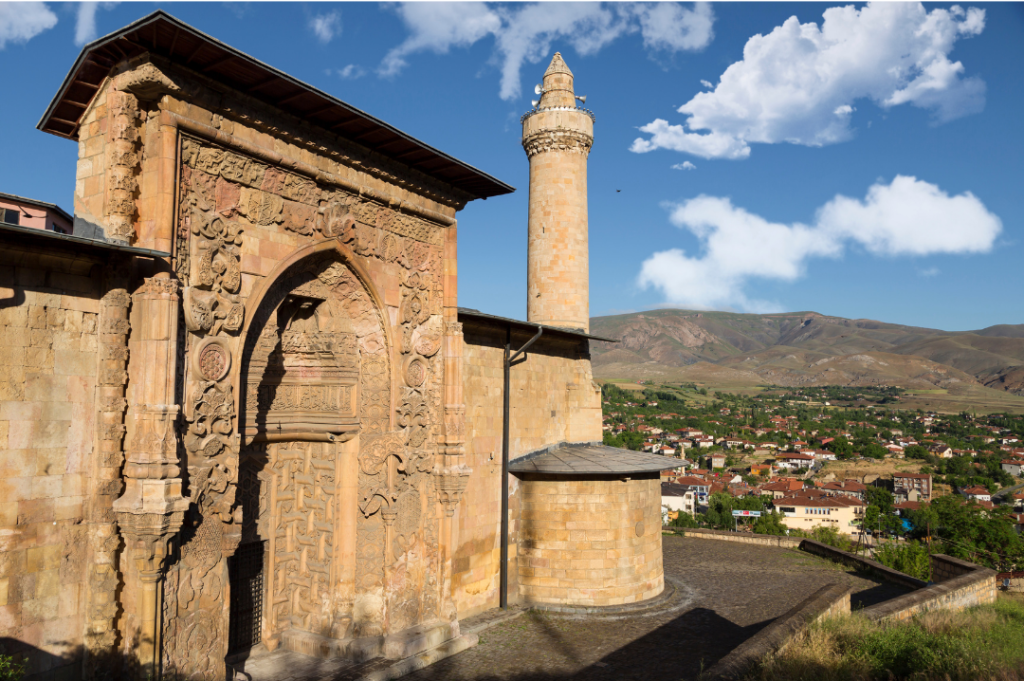
Historic Areas of Istanbul (Istanbul) – 1985
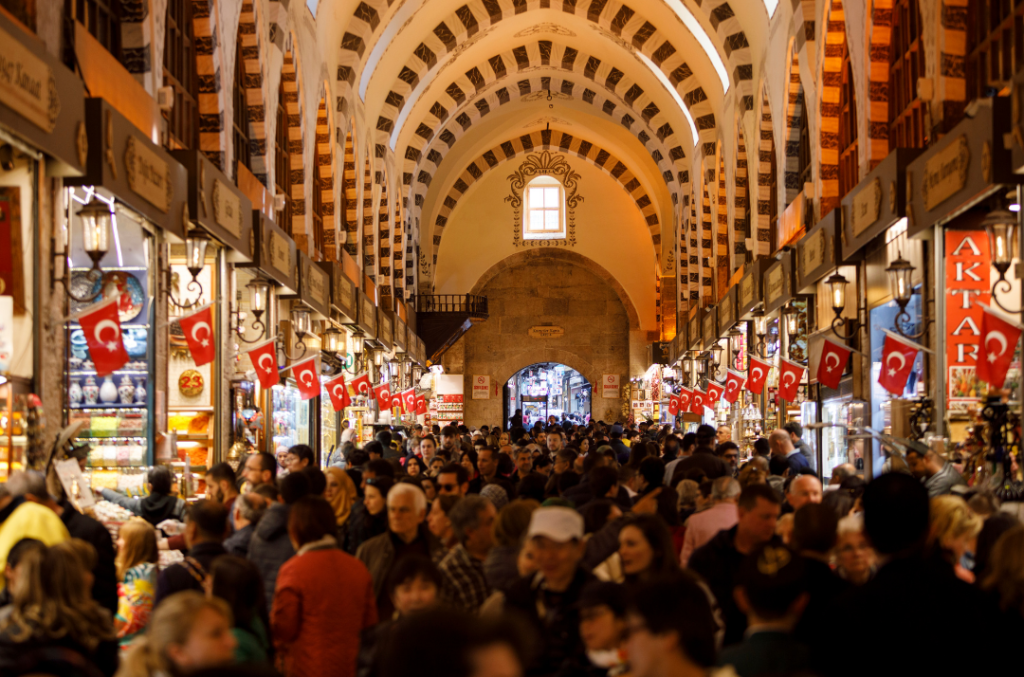
Göreme National Park and the Rock Sites of Cappadocia (Nevşehir) – 1985 (Mixed Heritage Site)
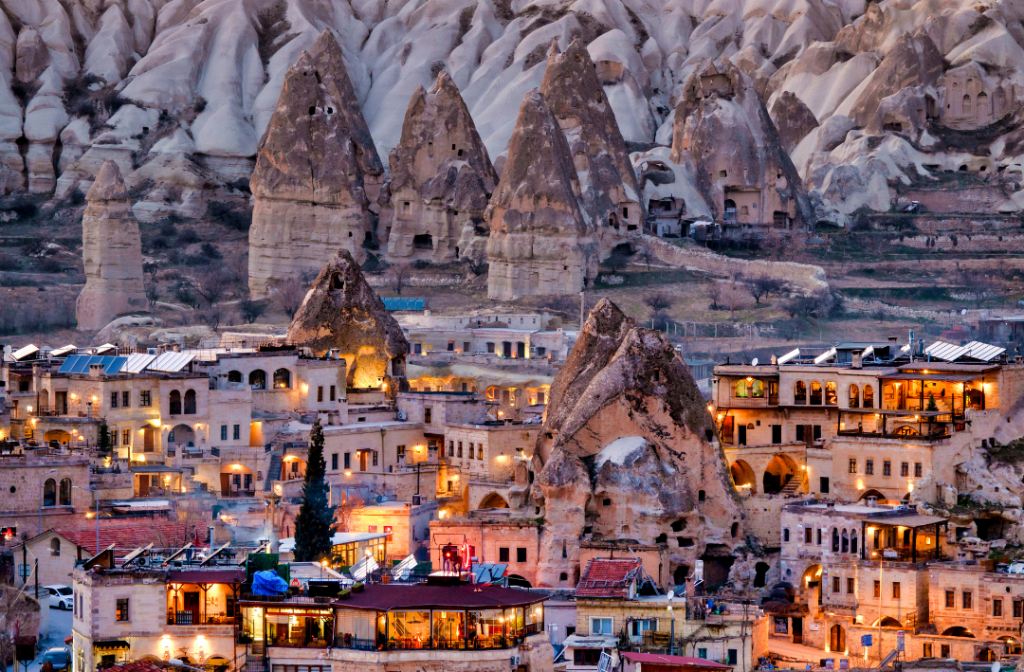
Hattusha: The Hittite Capital (Çorum) – 1986
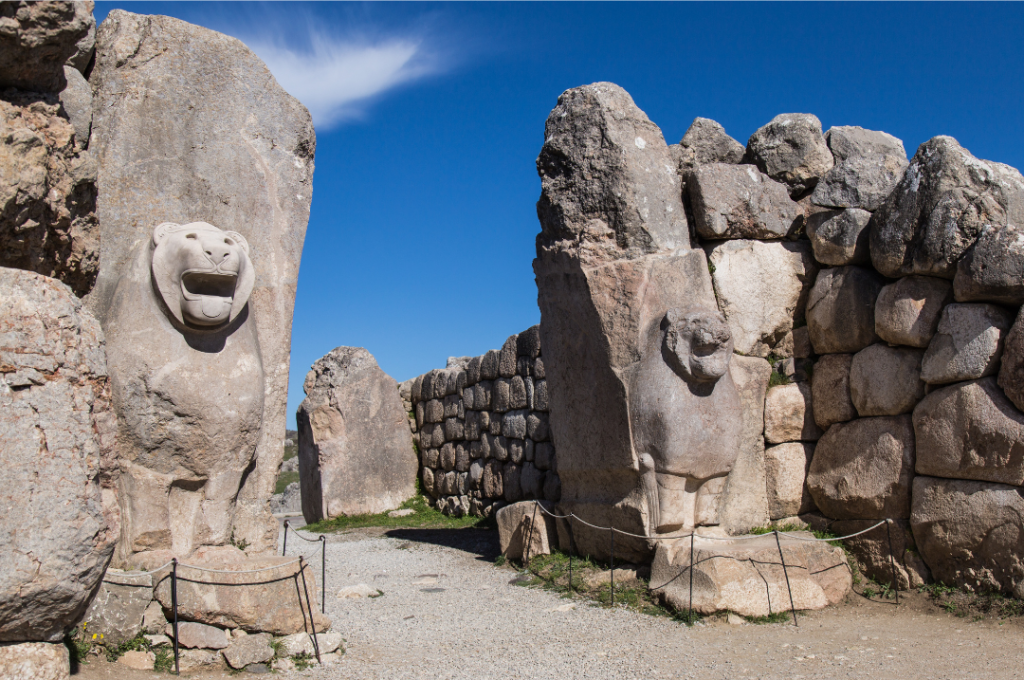
Mount Nemrut (Adıyaman) – 1987
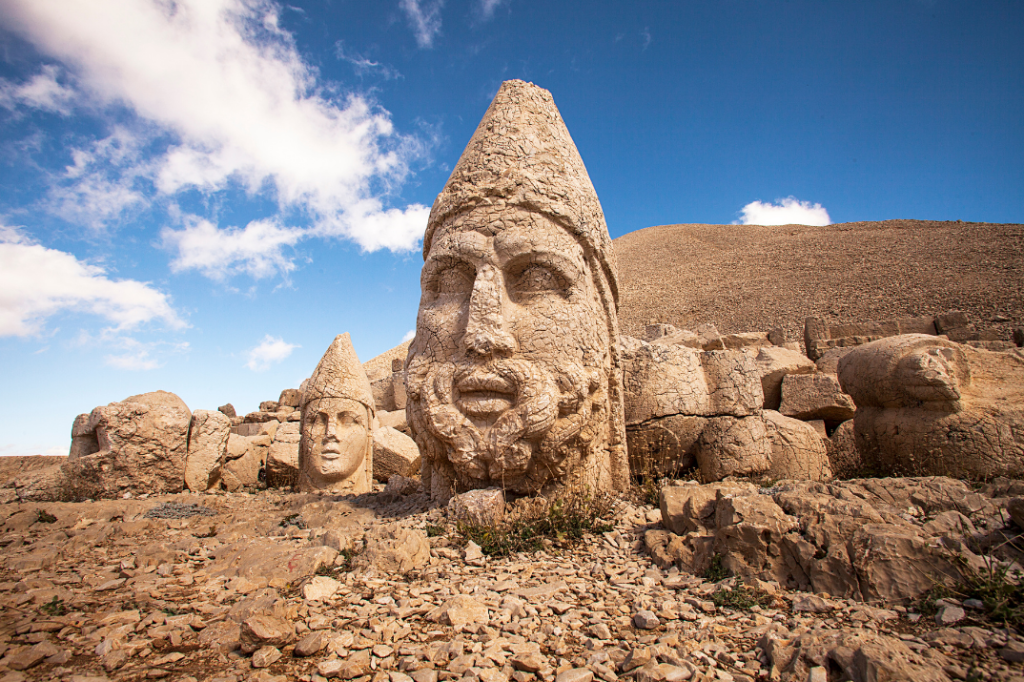
Hierapolis-Pamukkale (Denizli) – 1988 (Mixed Heritage Site)
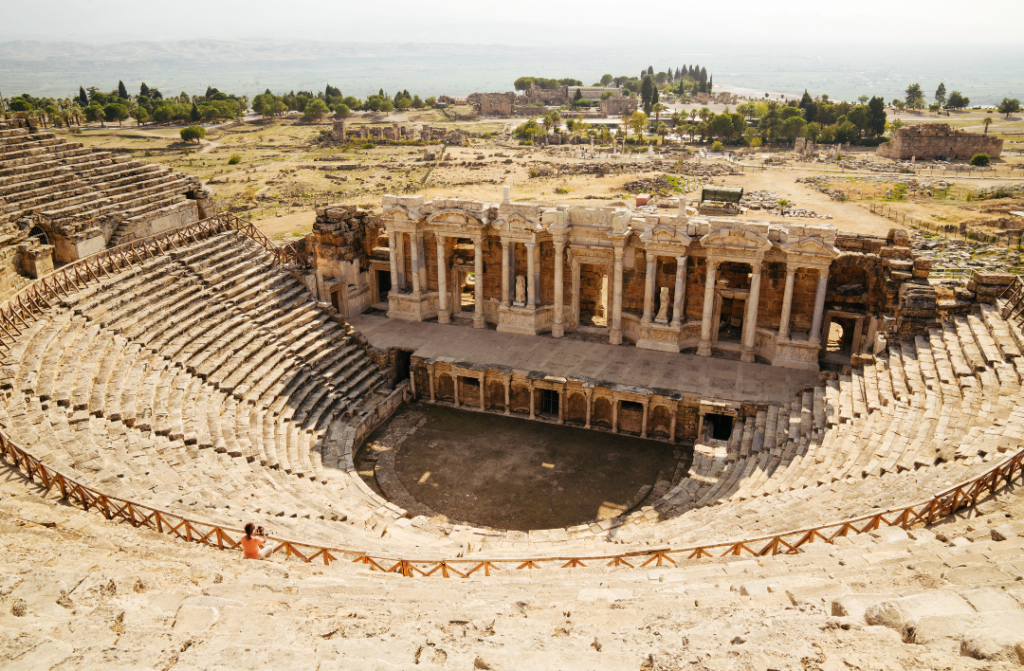
Xanthos-Letoon (Antalya-Muğla) – 1988
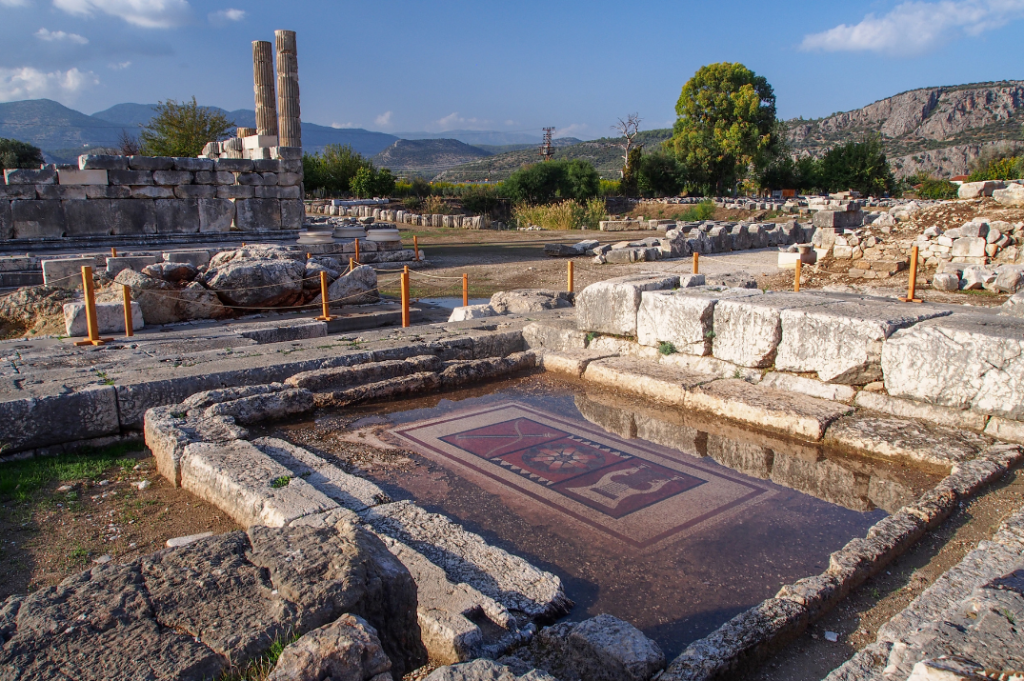
City of Safranbolu (Karabük) – 1994
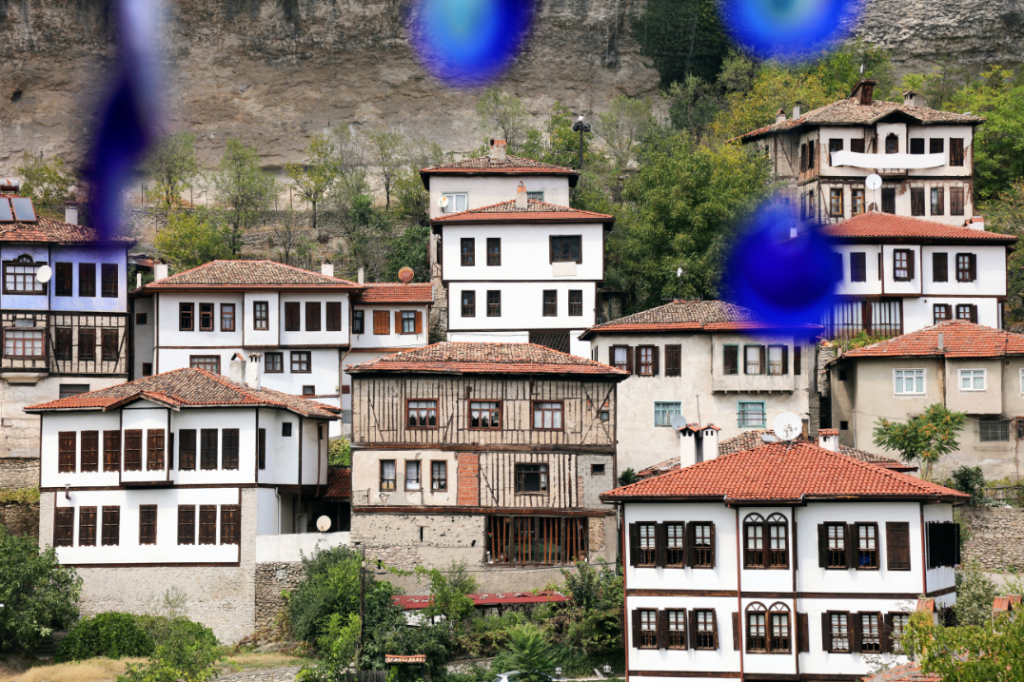
Archaeological Site of Troy (Çanakkale) – 1998
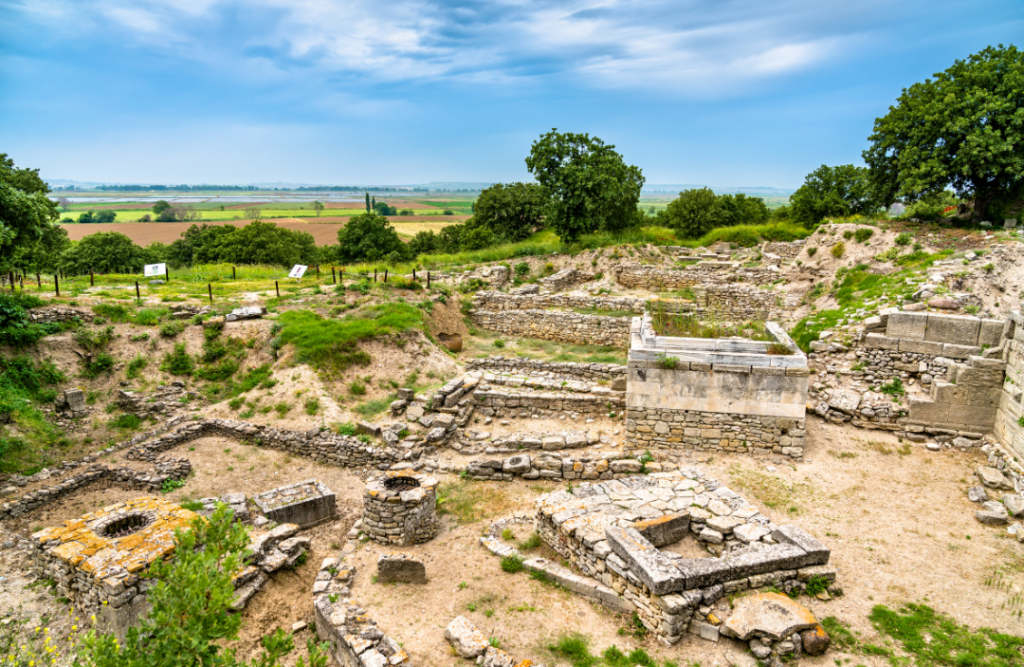
Selimiye Mosque and its Social Complex (Edirne) – 2011
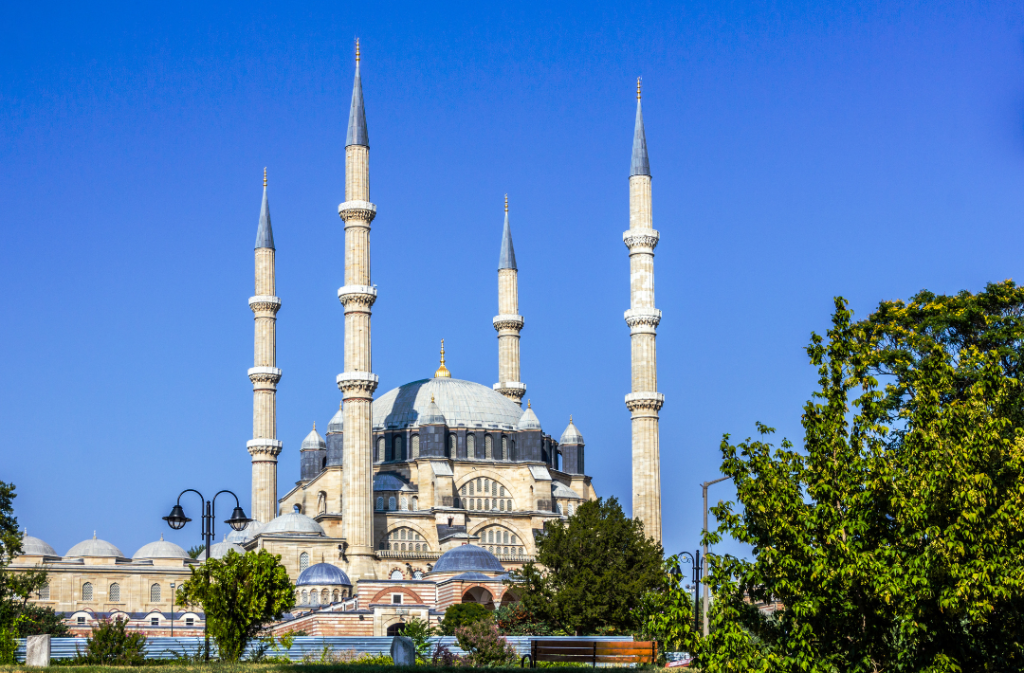
Neolithic Site of Çatalhöyük (Konya) – 2012
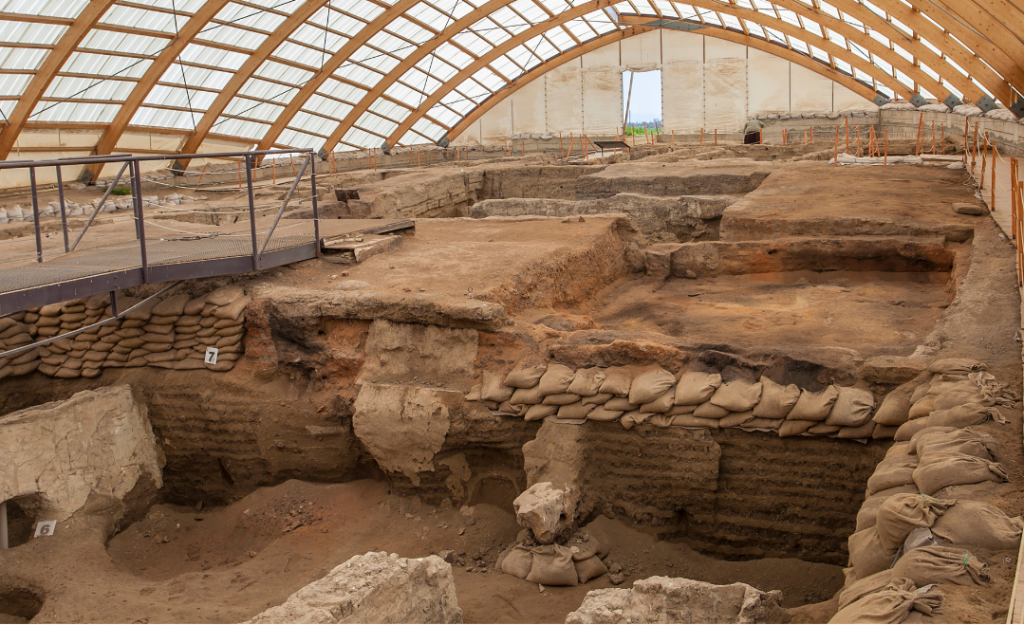
Bursa and Cumalıkızık: The Birth of the Ottoman Empire (Bursa) – 2014
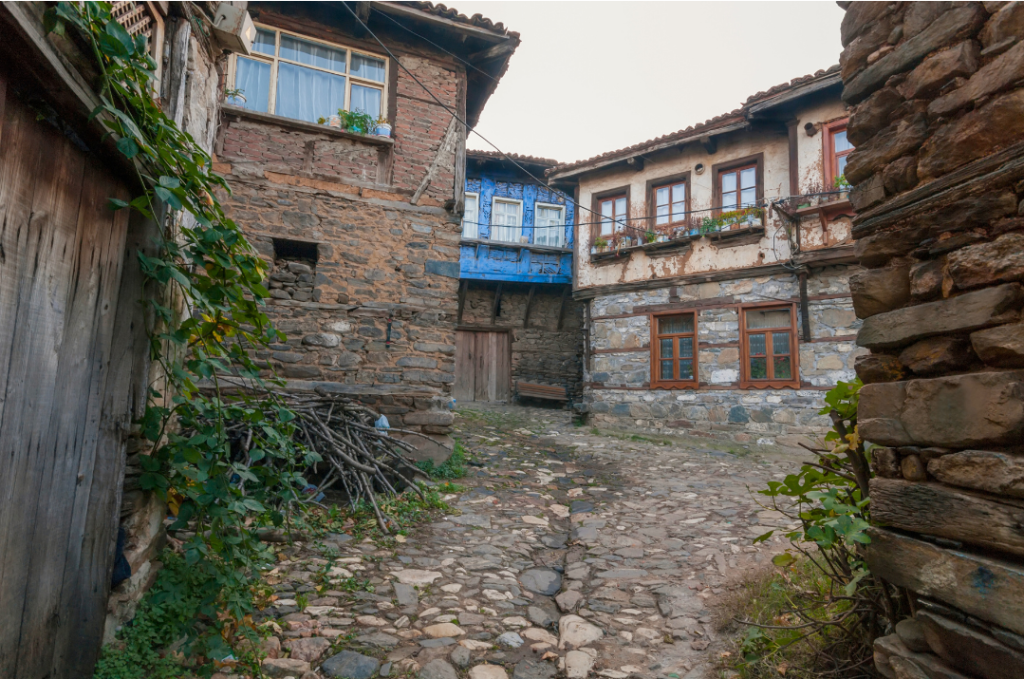
Pergamon and its Multi-Layered Cultural Landscape (İzmir) – 2014
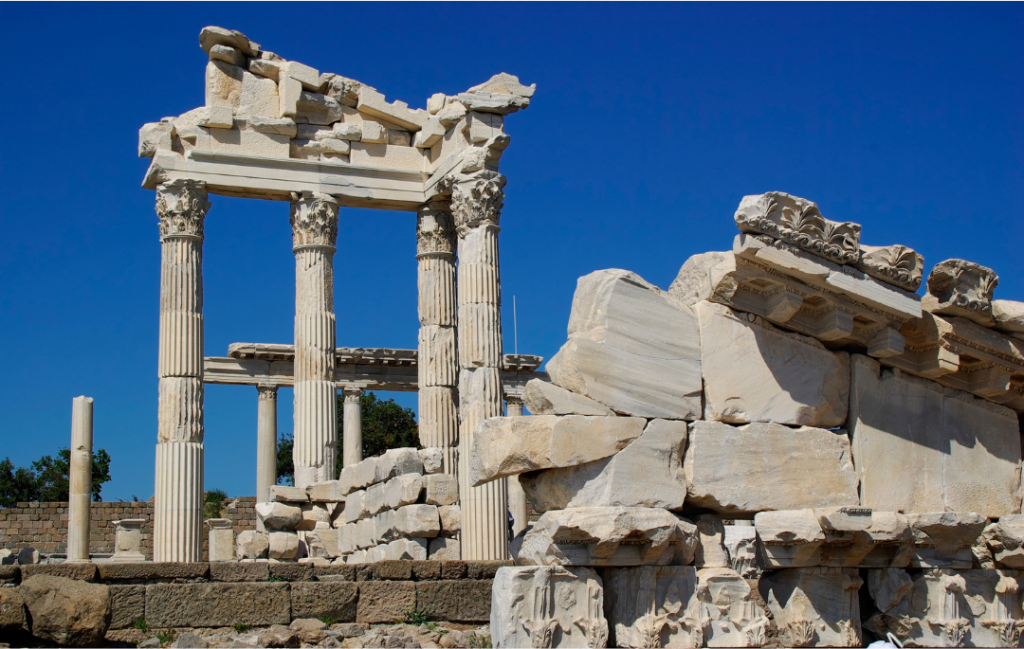
Diyarbakır Fortress and Hevsel Gardens Cultural Landscape (Diyarbakır) – 2015
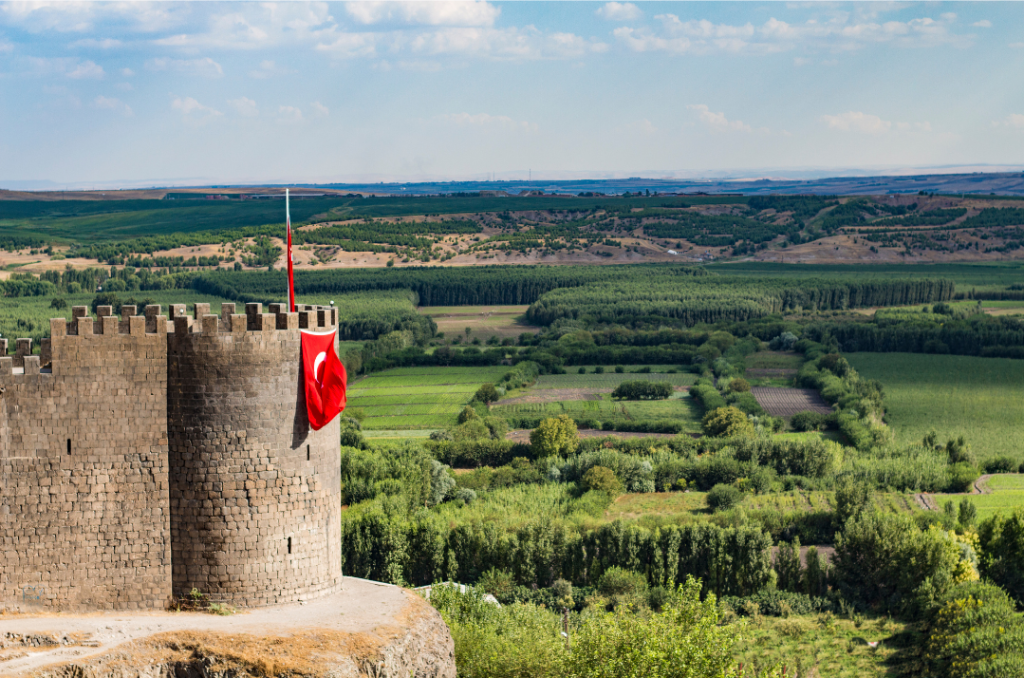
Ephesus (İzmir) – 2015
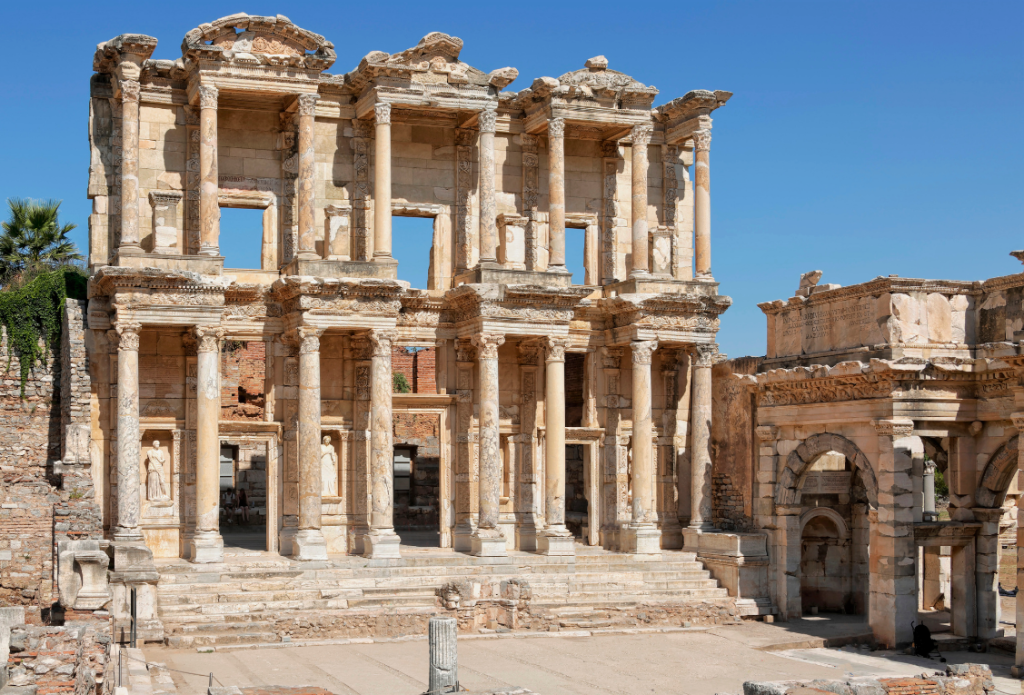
If Ephesus is on your travel list, you can read our article on our website to learn more about Ephesus.
Archaeological Site of Ani (Kars) – 2016
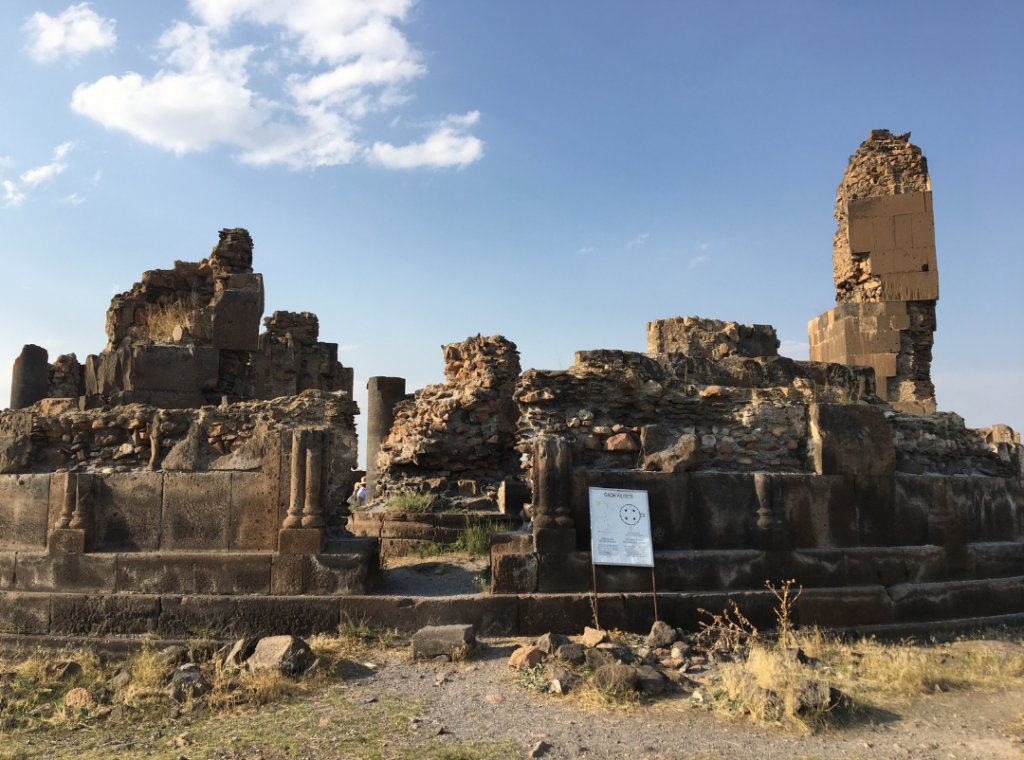
Aphrodisias (Aydın) – 2017
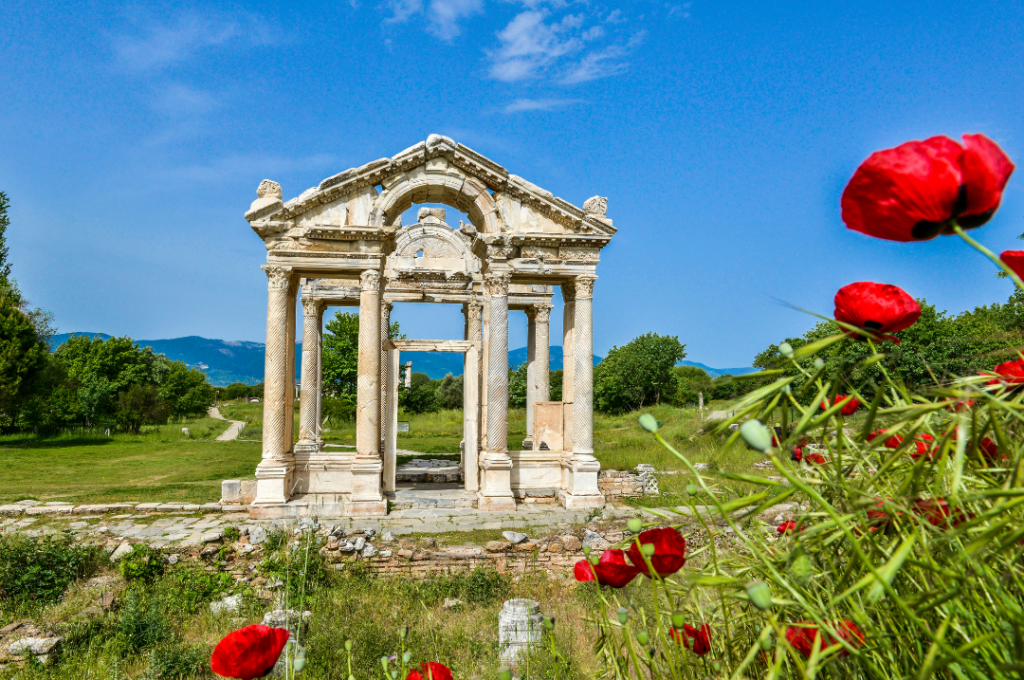
Göbekli Tepe (Şanlıurfa) – 2018
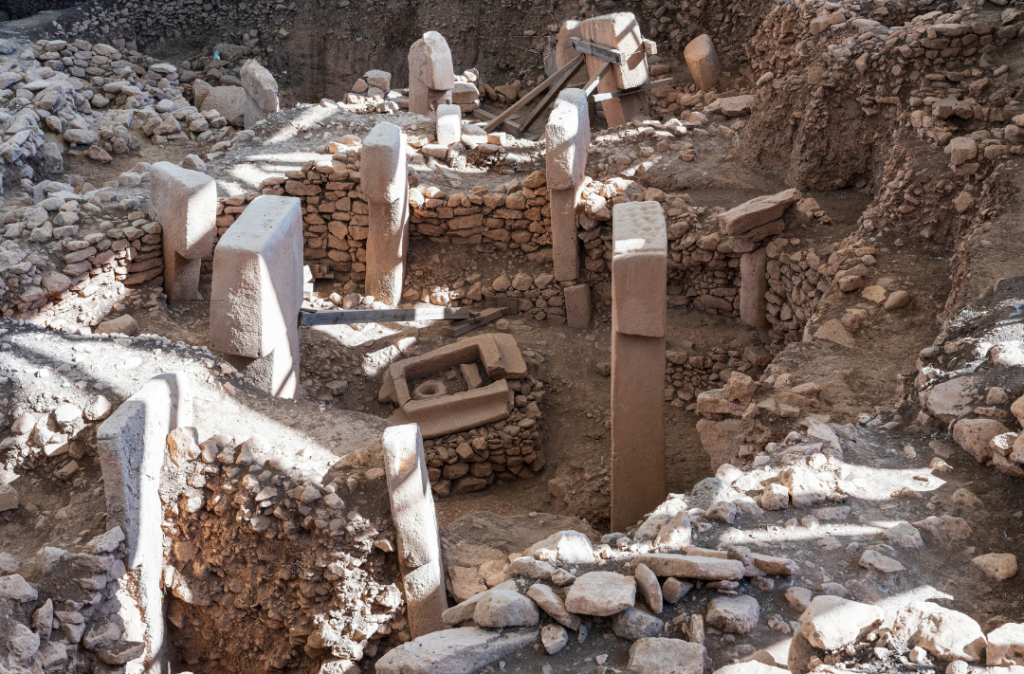
Arslantepe Mound (Malatya) – 2021
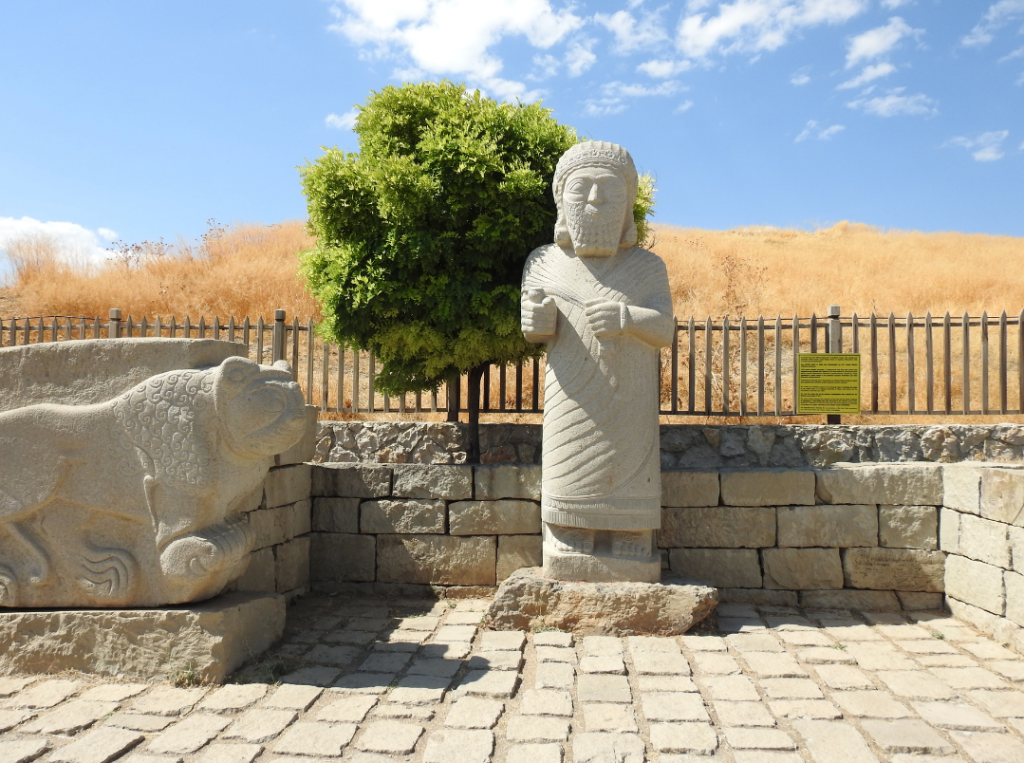
Gordion (Ankara) – 2023
